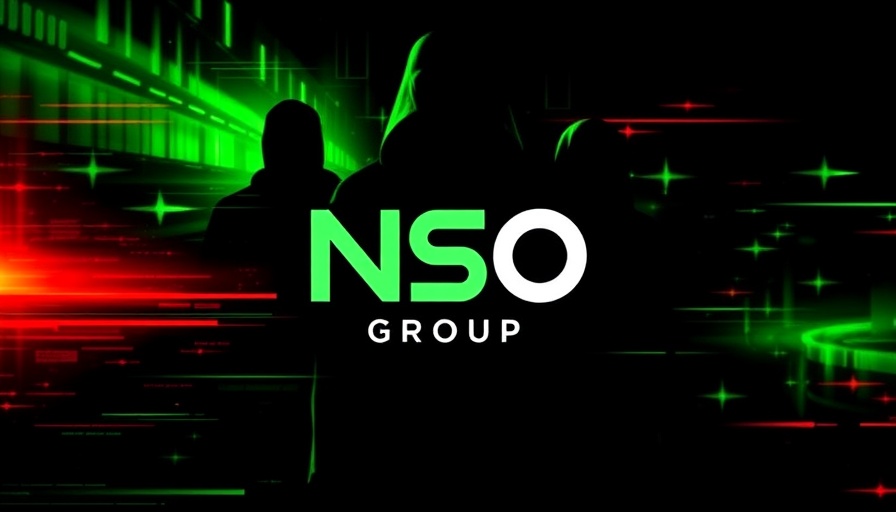
NSO Group's Ties to Trump's America: An Overview
The Israeli spyware manufacturer, NSO Group, has been put on the U.S. Commerce Department's "blacklist" for over three years, restricting its ability to engage with American companies. However, following the recent political changes, NSO seems to be keen on reshaping its strategy to navigate this restrictive environment. Their co-founder, Omri Lavie, famously lauded Trump's electoral victory, hinting at potential shifts in policy that could benefit NSO's business operations in the United States.
Political Strategy Shift: Embracing Lobbying
Understanding the importance of political connections in the tech industry, especially for companies involved in controversial areas like cybersecurity, NSO has heavily invested in lobbying efforts. With over $1.8 million spent on pre-election lobbying, they are primarily engaging Republican lawmakers to advocate for their interests. Their new partnership with the Vogel Group, which has a rich history in Republican politics, signals a strategic pivot aimed at expanding opportunities with the U.S. government.
Human Rights Concerns Remain at the Forefront
Ethical considerations are crucial, particularly for a company like NSO, known for its Pegasus spyware linked to human rights abuses globally. Amidst their push for improved governmental relations, NSO has been called out for its role in potential abuses. While the company maintains it upholds industry ethics, critics are vigilant about the implications of its resurgence in the political arena, especially concerning cybersecurity and privacy policies
The Future of NSO Group: Opportunities and Risks
As NSO Group seeks to re-establish its foothold in the American market, the implications extend beyond business interests. Potential changes in policy could reshape the landscape of privacy and cybersecurity practices. With a new administration, these risks and opportunities will influence broader discussions on the ethical use of technology. Engaging with lawmakers becomes not just a strategy for profits, but a crucial factor in determining the direction of government oversight in surveillance technologies.
 Add Row
Add Row  Add
Add 




Write A Comment